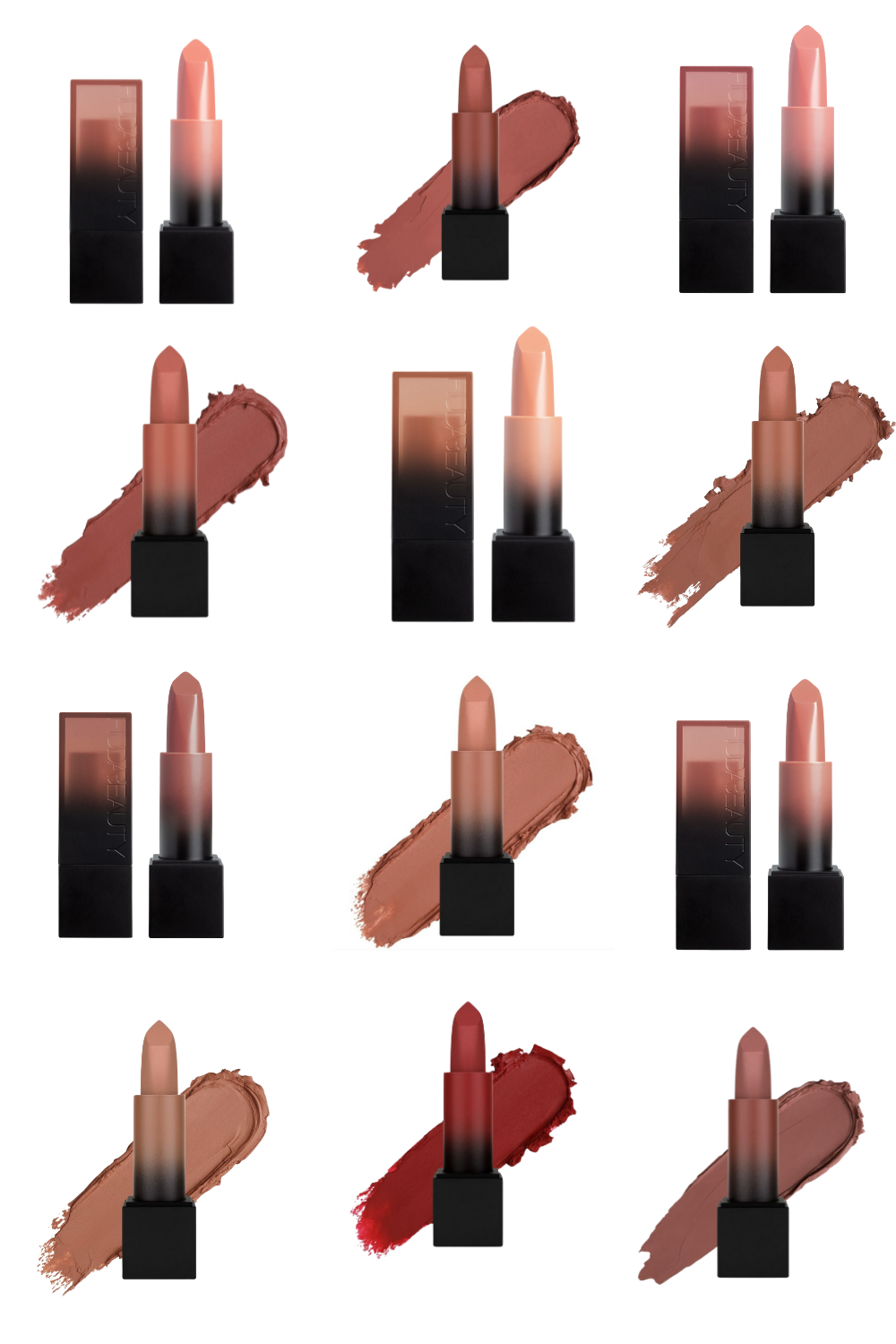10 Beauty Myths Busted.
/Does eating chocolate really give you acne? Will shaving make your hair grow back thicker? The July issue of ShopSmart magazine finds out the real deal on old beauty beliefs. Here’s the lowdown on bad beauty advice, along with the tips and tricks that really work.

Pores
THE MYTH: You can shrink your pores.
THE TRUTH: Using a cleanser with glycolic acid causes mild swelling of the skin, which makes pores look smaller, but only temporarily. You can also make your pores look smaller by unclogging them regularly with skin products that contain salicylic acid or a retinoid.
Acne
THE MYTH: Eating chocolate will give you acne.
THE TRUTH: Chocoholics rejoice: the sweet treat has been exonerated as a cause of acne. But downing lots of starchy, sugary foods may worsen acne. Cutting back on dairy products, on the other hand, may help.
Hair
THE MYTH: Brushing your hair 100 strokes per day will make it healthier.
THE TRUTH: Diligent brushing will distribute oil that’s produced by your scalp throughout your strands, which can make your hair look shiny and glossy, but brushing can’t actually affect the health of your hair. And if you have thinning hair or you shed hair easily, you’re better off gently brushing your hair to neaten it up and then putting the brush down.
Nails
THE MYTH: Eating Jell-O will make your nails stronger.
THE TRUTH: Gelatin neither helps nor hurts your nails. If you have thin or breakable nails that are prone to splitting, taking biotin supplements may help strengthen them, but it can take three to six months to see a difference.
Shaving
THE MYTH: Shaving will make your hair grow back thicker.
THE TRUTH: Absolutely not! The hair on your legs, underarms, and other spots may feel thicker when that prickly stubble first appears. However, that’s only because when you shave, you’ve cut that hair off at the thicker part of the hair shaft. But as the hair grows out, it will become tapered at the tip again, resulting in the same overall thickness.
Under-Eye Circles
THE MYTH: Too little sleep causes dark under-eye circles.
THE TRUTH: Sleep alone doesn’t cause dark circles. Dark under-eye circles tend to run in families and often stem from a combination of dilated blood vessels, pigmentation, sun damage, fluid accumulation, and age-related thinning of skin. Using an alpha hydroxy acid or vitamin C cream for pigmentation changes, or a laser treatment to improve dilated blood vessels, may help.
Under-Eye Puffiness
THE MYTH: Applying Preparation H can deflate under-eye puffiness.
THE TRUTH: Some people swear by this strategy, but there isn’t any scientific evidence that it actually works. If you’re prone to puffiness, sleep with your head on a pillow and apply a cold compress for 5 to 10 minutes in the morning to constrict the blood vessels.
Varicose veins
THE MYTH: Crossing your legs will give you varicose veins.
THE TRUTH: Crossing your legs at the lower thigh can put downward pressure on blood vessels and impede blood flow from your legs, but it isn’t likely to cause veins to become enlarged and gnarled. Genetics and how strong the valves in your veins are play a more significant role. If you do get varicose veins, promoting blood flow by exercising regularly and elevating your legs while sitting can reduce discomfort and may prevent them from worsening.
Tanning
THE MYTH: Tanning can help get rid of pimples.
THE TRUTH: Years ago, dermatologists did use ultraviolet (UV) light treatments for acne. But the pimples will show up again once your tan or sunburn fades, and you might be trading one skin problem (acne) for the potential of another, more serious one (cancer). Topical products or oral medications are more effective ways to treat acne.

Stretch Marks
THE MYTH: Applying cocoa butter will prevent stretch marks.
THE TRUTH: While there’s very little you can do to prevent stretch marks, whether they develop depends on genetic factors and the molecular structure of the proteins in your skin. Stretch marks are a type of scar tissue that occurs when the dermis is stretched beyond its natural elasticity. If you catch stretch marks early when they’re in their fresh, red phase, applying a topical prescription retinoid cream can boost collagen production and make the marks less noticeable.
All of these tips and more can be found in the July issue of Consumer Reports' Shop Smart Mag.














